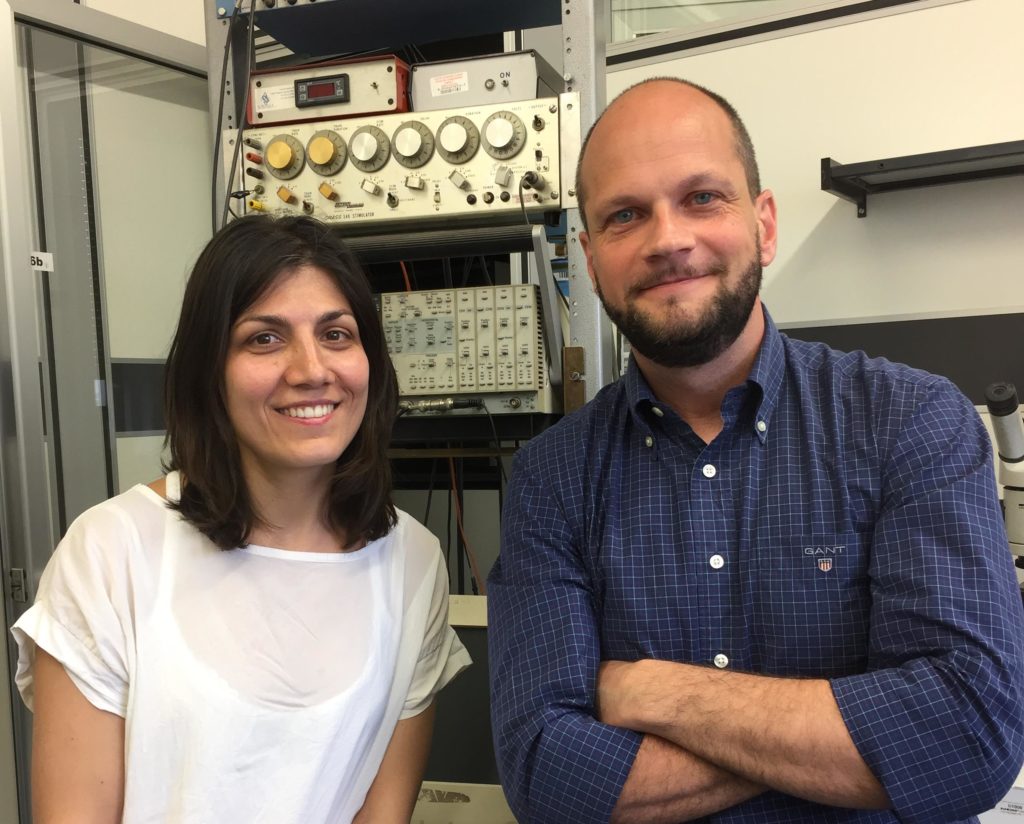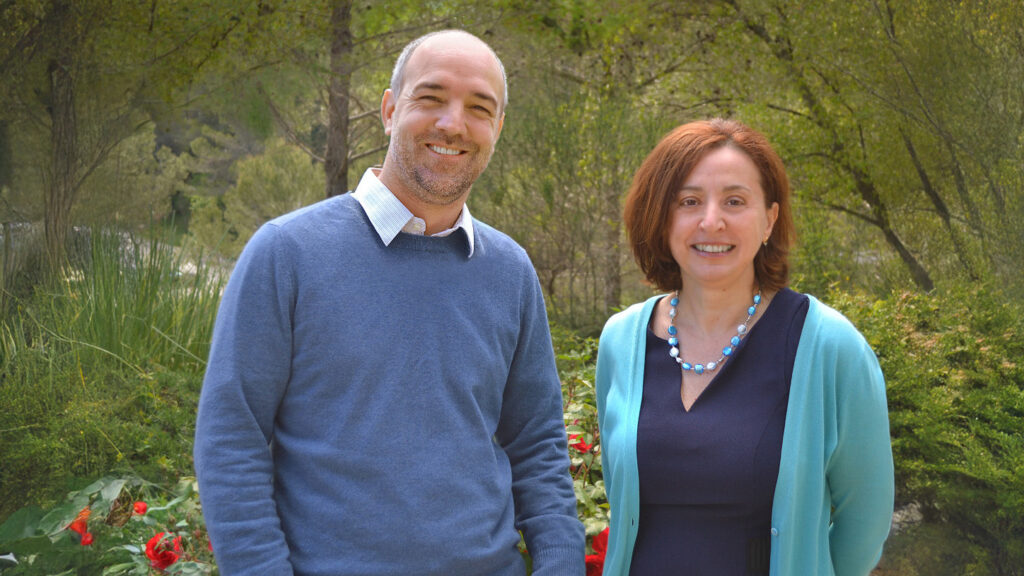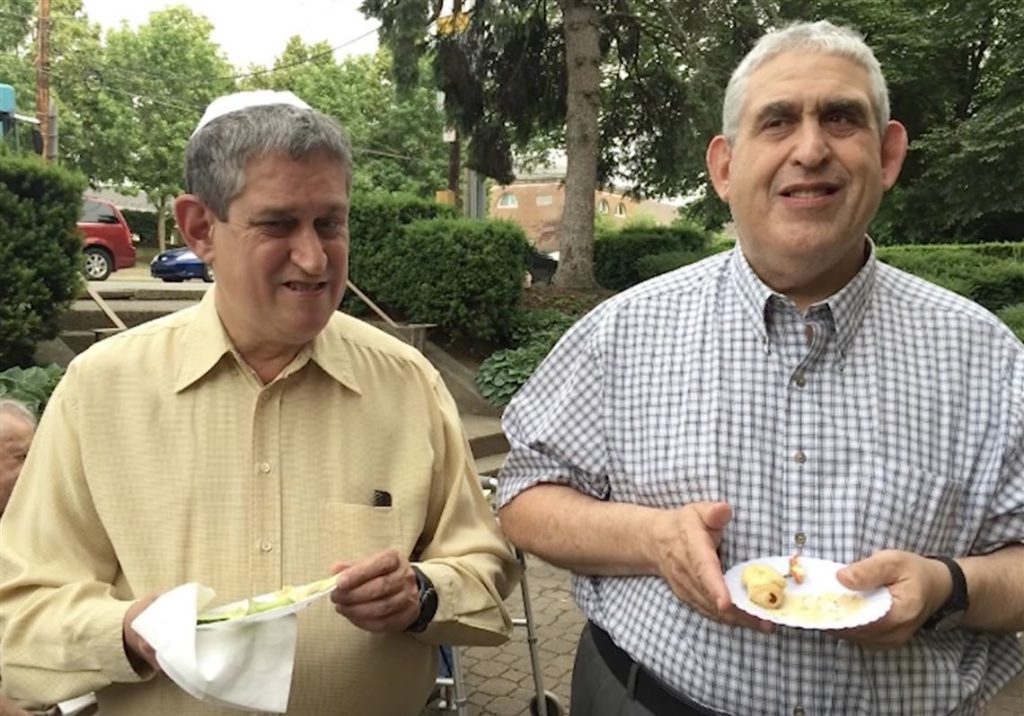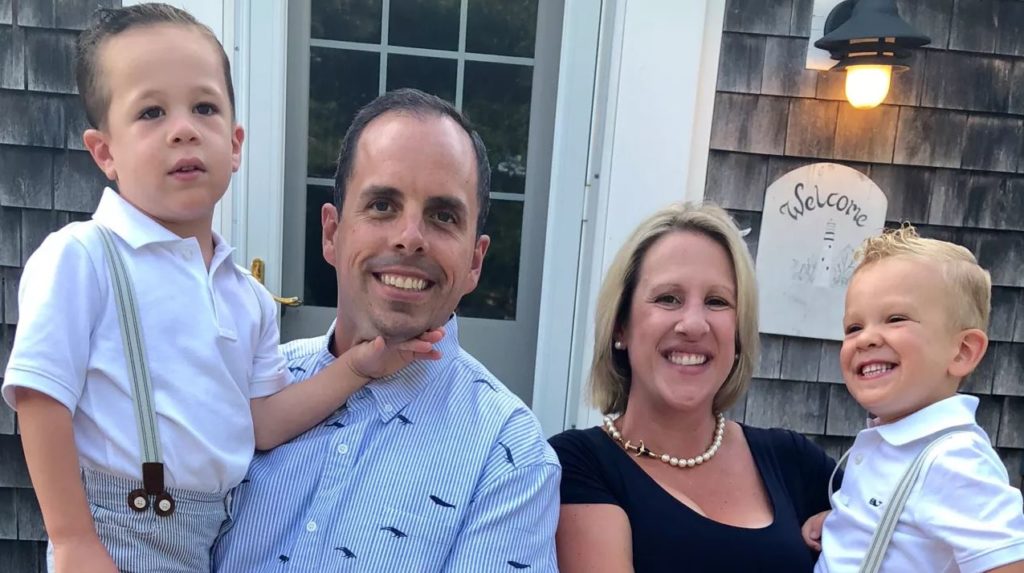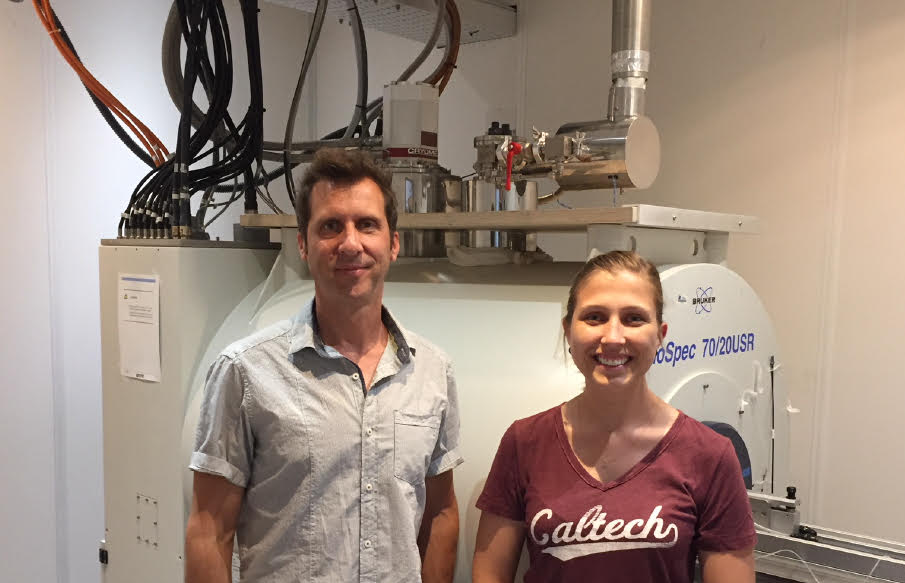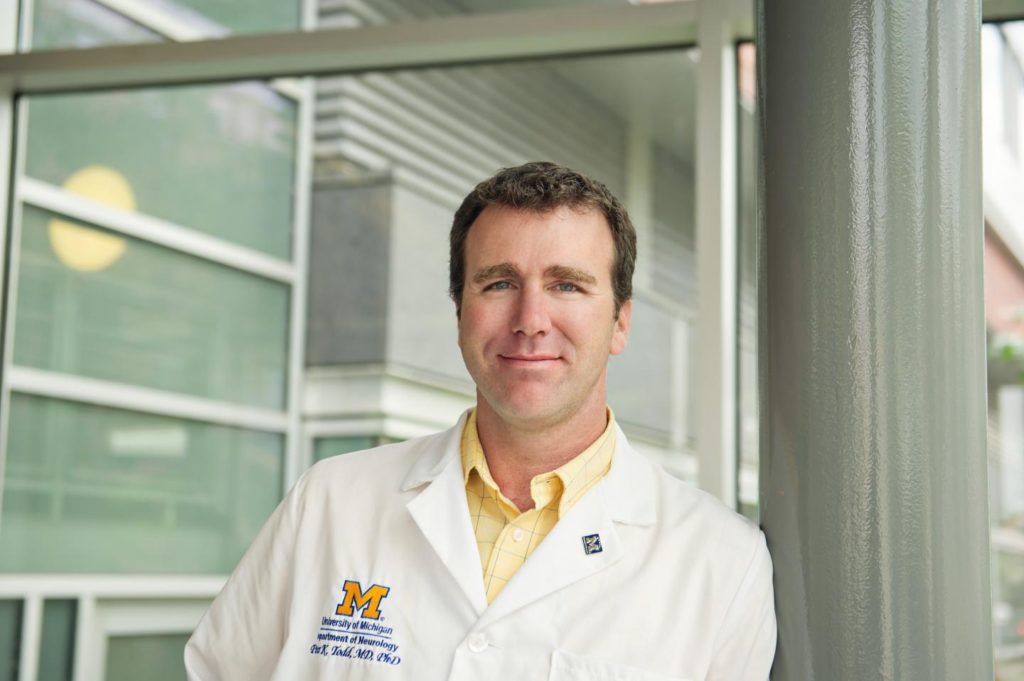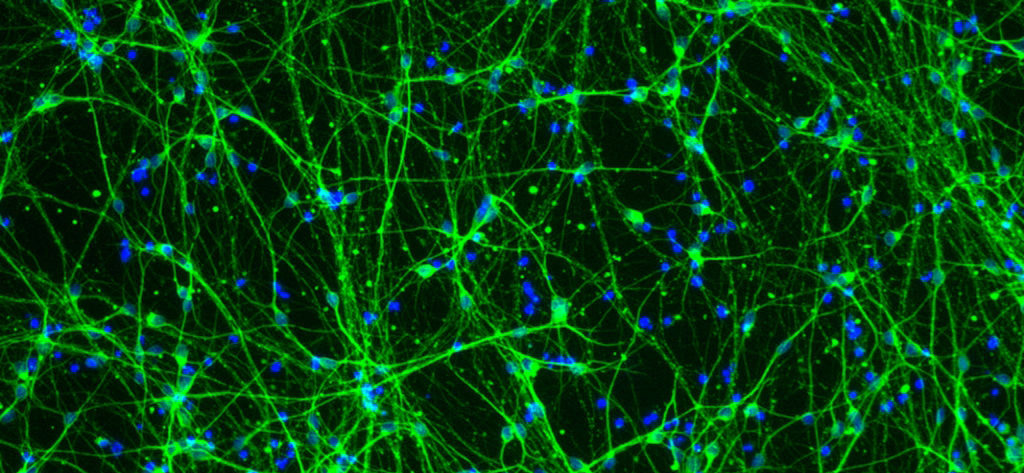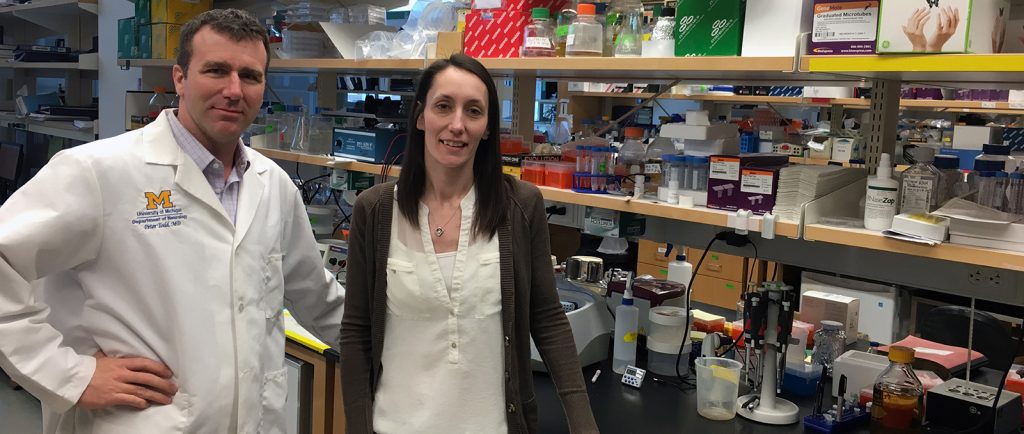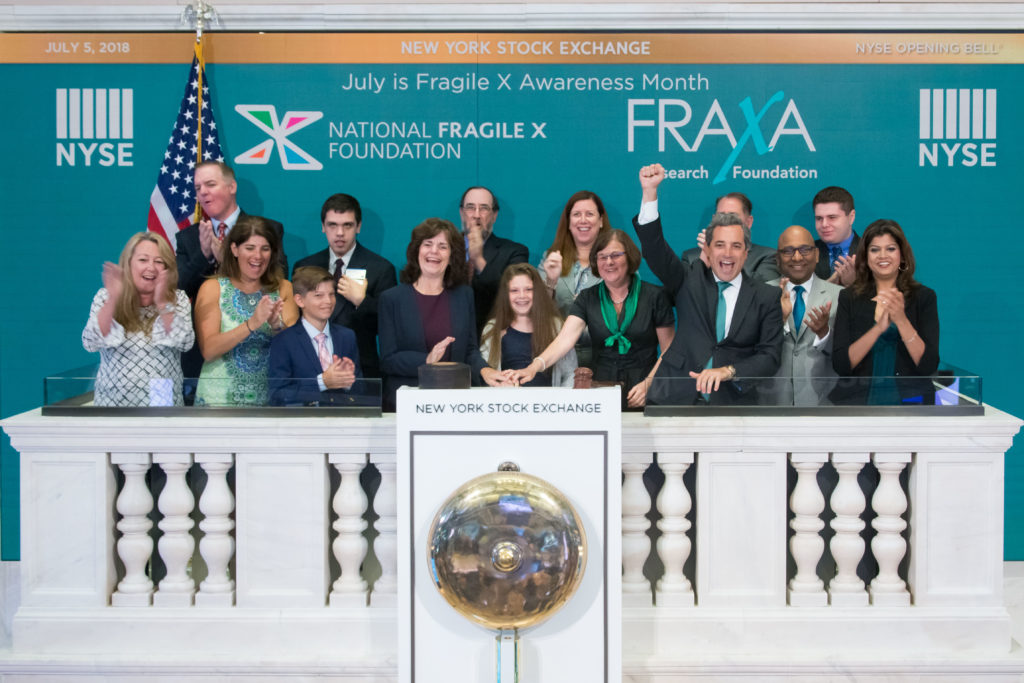Coffee, Tea, and Chocolate: Adenosine Receptors in Fragile X
Could “caffeine-like” drugs help Fragile X? FRAXA funded research to test adenosine blockers, which may boost thinking and improve symptoms in Fragile X mice.
Boys Basketball Fundraiser Kicks Off The Season of Giving
60 players and families joined Newton’s 3rd Annual 3-on-3 Basketball Tournament, a fun NAA event full of teamwork and community spirit.
Contacting Your Member of Congress to Advocate for Fragile X Research
A quick guide to contacting Congress for Fragile X advocacy—includes tips, recommendations, and how to look up your senators and representatives.
#GivingTuesday 2018 – Thanks to you!
You did it! The Fragile X community raised over $50K on #GivingTuesday—matched by our Board! Thank you for fueling our annual appeal.
Meet Emily!
Meet #FriendofFRAXA Emily! If you would like to nominate someone as a #FriendofFRAXA, we welcome all who have been touched by Fragile X, including friends, grandparents, siblings, professionals and companions alike to become a #FriendofFRAXA with the goal of putting a face to Fragile X for those who may not know someone directly.
Drug Duo Delivers Brain, Behavioral Benefits for Fragile X Syndrome
Administering a cholesterol drug alongside an antibiotic eases atypical behavior and restores the signaling balance in the brains of people with fragile X syndrome.
Finding Fragile X Biomarkers – From Transcriptomics to Behavior in Patients
FRAXA funded a study using blood-based transcriptomics to find reliable Fragile X biomarkers. This unique approach links molecular data to behavior for future trials.
Metformin and Aberrant Insulin Signaling in a Fragile X Mouse Model
FRAXA-funded research is revealing how insulin signaling is altered in Fragile X and whether lowering it, including with metformin, could ease symptoms.
Fragile X Brothers Two of the Pittsburgh Synagogue Massacre Victims
We mourn Cecil & David Rosenthal, beloved brothers with Fragile X, lost in the Tree of Life tragedy. Their kindness and faith will never be forgotten.
Meet Andy!
Meet #FriendofFRAXA Andy! If you would like to nominate someone as a #FriendofFRAXA, we welcome all who have been touched by Fragile X, including friends, grandparents, siblings, professionals and companions alike to become a #FriendofFRAXA with the goal of putting a face to Fragile X for those who may not know someone directly.
Brett Soars To Eagle
Inspired by others, Brett aimed for Eagle Scout. Some badges were tough, but Scouting’s special needs path helped him reach his goal.
Kathan Pierce Named Patriots Difference Maker of the Week!
FRAXA’s Kathan Pierce, co-founder of The Pierce Family Fragile X Foundation, is the 2018 Patriots Difference Maker of the Week!
14th Annual Fragile X Poker Run Raises $12,135 for Fragile X Research!
A record year! The 14th Annual Fragile X Poker Run raised $12,135, highlighted by Mikey’s heartfelt birthday serenade to Amber.
Spectrum News – Newly Discovered Aspects of Fragile X Spur Next Wave of Drugs
Many drugs for Fragile X syndrome have failed in large clinical trials, but candidates that target new aspects of the condition may fare better.
Non-Invasive Imaging as a Biomarker for Fragile X Clinical Trials
FRAXA funded MRI research to track brain connectivity changes in Fragile X. This could yield objective biomarkers for testing treatments in mice and humans.
$16,560 Raised for Fragile X Research at Callum Cup III
Millburn FC’s 3rd Annual Callum Cup raised funds for Fragile X research, honoring Callum Murphy, son of goalkeeper Andrew Murphy.
Mega Green Tea Extract to Treat Fragile X?
Green tea is thought to have many benefits, particularly in cognitive function. In 2012-14, FRAXA Research Foundation funded a clinical trial to assess the effects of EGCG (green tea extract) on cognitive function in adults with FXS. Drs. Rafael de la Torre and Mara Dierssen Sotos, principal researchers in Barcelona, Spain, reported memory, attention, and mental flexibility improvements.
How Promising is CRISPR for Fragile X?
Peter Todd, MD, PhD, Assistant Professor in the Department of Neurology in the University of Michigan Medical School, was awarded a FRAXA Research Grant for gene reactivation with the use of CRISPR. In this interview he tells us about CRISPR in Fragile X research, how realistic is it that it could turn the Fragile X gene back on, and if it can really cure Fragile X.
Niagara Falls went Teal for Fragile X Awareness
Niagara Falls glowed teal on July 22 for Fragile X Awareness Day! Huge thanks to the Illumination Board for this stunning show of support.
Retinoic Acid Signaling is Blocked by Fragile X Mutation
With a 2013-2014 FRAXA Research Grant, Principal Investigator Marius Wernig, PhD and FRAXA Fellow Samuele Marro, PhD at Stanford University found that the Fragile X mutation impairs homeostatic plasticity in human neurons, by blocking synaptic retinoic acid signaling. Retinoic acid is a metabolite of Vitamin A. The system they have developed could provide a powerful new cellular biomarker for screening many treatment approaches.
Fragile X Research Impacted by a Small Group of Thoughtful, Committed Citizens
Congrats to FXAM! Their months of effort paid off with a $35K grant to support Dr. Todd’s groundbreaking Fragile X CRISPR research.
Ringing the Bell at the New York Stock Exchange for Fragile X Awareness
FRAXA and NFXF rang the NYSE opening bell to raise awareness for Fragile X—an incredible moment shared worldwide on CNBC!

